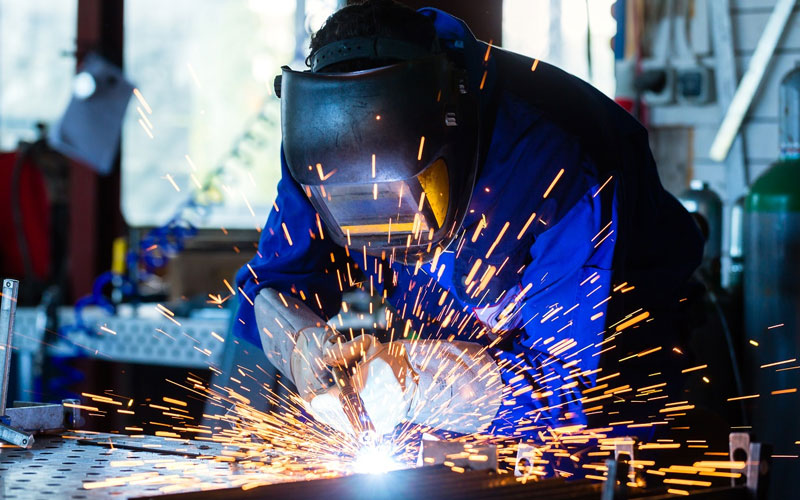
The suitable metal can help you meet the requirements of your project, from tensile strength to corrosion resistance. An experienced custom metal fabrication company can advise you on the ideal alloy for your product’s use and budget.
For example, steel is a common choice for auto safety components since it’s solid and reliable. But you might want something lighter for a home renovation project.
Steel
Metal fabrication is turning raw metal into a product tailored to specific requirements. Whether the finished product is part of a construction project, automobile, or appliance, the correct material selection is critical to ensuring the product functions correctly and meets industry standards.
Many different metals are available for use in the fabrication process, and each has its unique properties. To choose the best metal for your fabrication project, you should consider the following characteristics:
As industries evolve, the demand for specialized components and structures grows; metal fabrication, for instance, plays a pivotal role in meeting these demands by providing customized solutions for various applications, ensuring the durability and precision required in modern engineering.
Malleability
The malleability of a metal is its ability to change shape without breaking or cracking. Choosing a material that will easily take on the desired form is essential, especially if working with a thin piece of metal. This can be determined by evaluating the material’s hardness, elasticity, and flexibility.
Weldability and Machinability
The metal-forming process can impact the alloy you select for your fabrication project. Some metals can be welded easily, while others require more specialized cutting tools. Knowing which metals work well with your available fabrication machines will help ensure your project stays within its allotted timeline and budget.
Durability
As manufacturers strive for precision and efficiency in the production of components, machining emerges as a critical process that enables the creation of intricate parts with tight tolerances, contributing to the overall quality of the final product.
The durability of a metal is its ability to withstand bending, twisting, or other mechanical stress. Selecting a durable material for any fabrication project is essential because it will protect the end product from damage and prolong its lifespan.
Corrosion Resistance
Some metals can corrode faster than others. If you intend to use your fabrication project in a place where it will be exposed to moisture or salt, you must choose a metal that is resistant to corrosion. Tensile strength, or how much force a material can withstand before breaking, can be used to estimate a metal’s resistance to corrosion.
Cost Considerations
There are a variety of factors that influence the cost of various metal alloys. It would help if you weighed these factors against your project’s functional requirements, weight limitations, and other design considerations. Choosing the most cost-effective metal for your fabrication project will save you money in the long run and ensure that your final product is as durable as possible.
Understanding the characteristics of various metal alloys is essential in choosing the suitable material for your fabrication project. Considering the factors discussed in this article, you can confidently select a metal that meets or exceeds your project’s expectations. Choosing the suitable metal for your fabrication project will prevent errors that could result in environmental damage, costly repairs, or early replacements. The right choice of metal will also allow you to produce high-quality products that are attractive and durable. By taking the time to understand your options, you can make an informed decision that will benefit your business for years to come.







